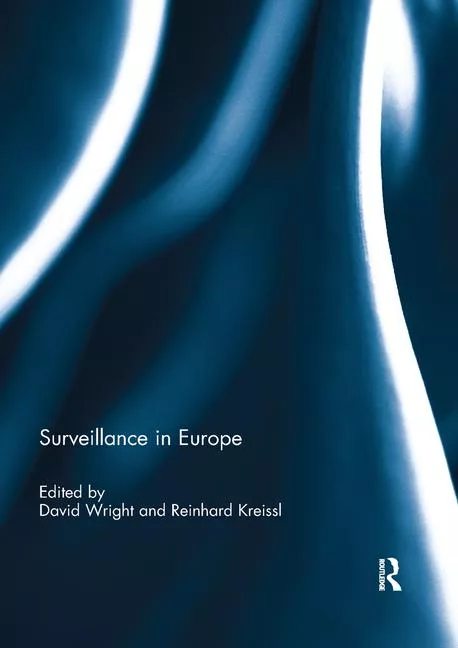In Online We Don’t Trust
From RSA -- With 57 percent of Americans afraid someone will steal account passwords when banking online and 38 percent who do not trust online payments, banks and other e-commerce providers have a long way to go to build consumer trust in the online channel, according to a survey of 1,000 U.S. adults conducted by TNS Sofres for Gemalto, the world leader in digital security. TNS Sofres is the largest custom research provider in the United States.
The research, entitled “Digital Trust Barometer,” focused on people’s attitudes and behavior concerning digital security and technology. It showed people’s concerns about digital security go beyond the Internet. Only 22 percent felt “very good” about the security in any of the digital technology they use, indicating the vast majority of Americans remain wary.
Identity theft topped the list of their fears at 74 percent, and 44 percent were afraid of online bank account hijacking. Apparently for good reason—fully 21 percent of respondents had already suffered from bank data theft.
The research showed large numbers of Americans liked the idea of a personal portable security device that will protect them online; 37 percent were interested in a “USB key,” like those containing smart card technology, to secure Internet payments and online accounts.
The survey also proved there is an upside to restoring online trust—40 percent of Americans declared they would purchase more online if security was reinforced, and 49 percent would visit new merchant websites. It was also clear there is a good “return on branding” when people shop online; 87 percent of Americans said being at a well known website is reassuring when paying online. Still, 44 percent of Americans are worried when they purchase with their credit card online.
Asked whom they trust as a source of reliable information on digital security, 42 percent of respondents believed friends and family are the most reliable source for security advice. After relatives, 27 percent of Americans considered companies specialized in digital security as an accurate and reliable source of information. Banks, at 7.6 percent, were a distant third as a trusted information source.
The findings further suggest that converging banking and payment services onto mobile handsets, such as those based on Near Field Communications (NFC) standards, could be trusted by security wary consumers.
About the Survey
This is the first Gemalto “Digital Trust Barometer,” an annual survey on digital security and digital lifestyle. TNS Sofres conducted it in the United States from September to November 2007 in two steps. First, two focus groups of ten people each, one between the ages of 16 to 34 years old and one 35 to 55 years old, gathered Web users’ perceptions, practices and needs regarding digital security and their digital lifestyle. The second step was a telephone poll of 1,000 18-year-old and above adults, selected in a way representative of the overall U.S. population. TNS Sofres is the largest custom research provider in the United States.
Looking for a reprint of this article?
From high-res PDFs to custom plaques, order your copy today!





